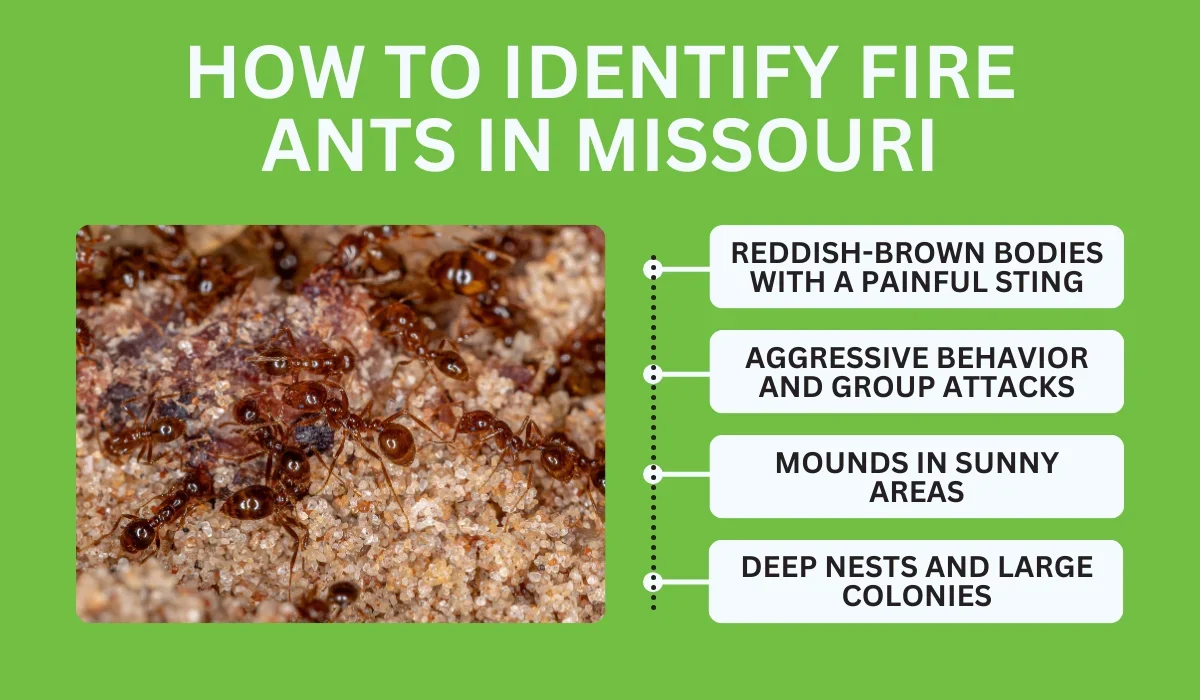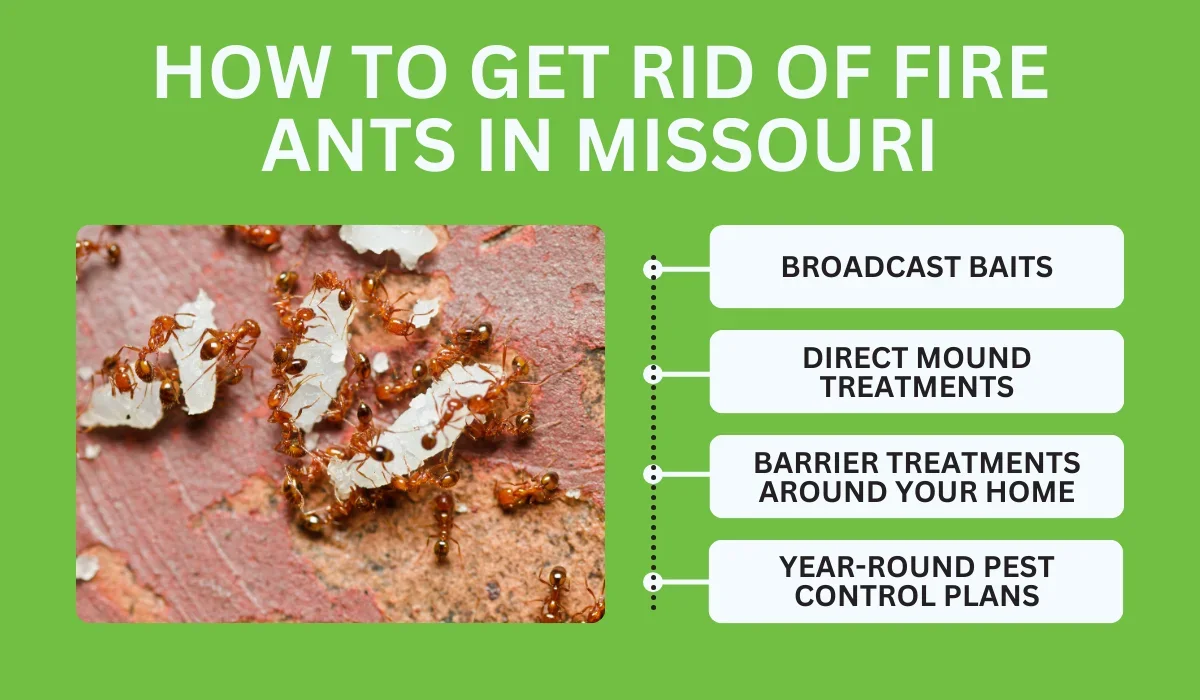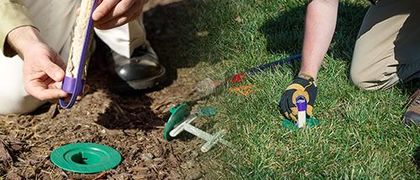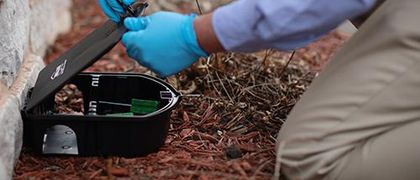Fire Ants in Missouri: Identification & Treatment
If you live in Missouri, especially in the Bootheel, you may have noticed ant mounds in your yard that don’t look familiar. If you’ve been stung after stepping on one, there’s a good chance it was fire ants.
These pests, especially the red imported fire ants from South America, are now spreading into the southern United States, including Missouri. They’ve already taken hold in states like Texas, Florida, Alabama, Mississippi, and Arkansas.
And their spread is expected to continue northward.
Missouri homeowners, especially in areas with warm weather and lots of sun, need to keep an eye out for these aggressive and invasive ants.
Key Takeaways
- Fire ants are reddish-brown with stingers that leave a burning sensation, followed by itchy blisters or white pustules.
- Mounds often show up in sunny areas, and ants will swarm quickly if disturbed during yardwork or outdoor play.
- Fire ant colonies are deep and widespread, which makes complete removal hard without professional pest control help.
- Missouri experts warn fire ants may spread through soil and hay, so ongoing pest control services are recommended.
How to Identify Fire Ants in Missouri

Fire ants stand out from the usual ants you see around your yard, and not in a good way. Here’s how to spot the signs and know what you’re dealing with.
Reddish-Brown Bodies with a Painful Sting
Fire ants, especially red imported fire ants, are easy to spot once you know what to look for. They are reddish-brown with a darker bottom half and come in different sizes. That’s because their colonies have worker ants that do different jobs.
The key difference is their stinger.
They inject venom that causes a burning sting and can lead to itchy blisters or white, pus-filled bumps. Most of the venom is made of solenopsins, which are strong compounds known to affect both insects and people.
Aggressive Behavior and Group Attacks
Most ants just crawl around and avoid people.
Fire ants aren’t like that. They’re very aggressive.
If you disturb their mound, even just by mowing the lawn or stepping too close, they’ll swarm fast and sting in groups. This makes them more dangerous than other local ant species.
Mounds in Sunny Areas
Unlike some ants that build nests near pavement or wood, fire ant mounds are usually found in sunny areas. You’ll see large dome-shaped piles of soil in open spots in your yard, near sidewalks, or in flower beds. They don’t have a central hole on top like other mounds do.
Fire ants like Missouri’s Bootheel region because it shares soil and weather patterns with states like Arkansas and Tennessee.
Deep Nests and Large Colonies
Fire ant colonies can grow extremely large.
One nest can have thousands of worker ants, plus larvae (baby ants), and one queen who lays all the eggs. These nests go deep underground. That makes ant infestations tough to remove with surface treatments.
If the queen survives, the colony will rebuild, usually nearby.
How to Get Rid of Fire Ants in Missouri

Fire ants are hard to control without the right plan. Missouri’s soil, weather, and mix of rural and suburban areas can affect what works. Here are the best options:
Broadcast Baits
Broadcast bait treatments involve spreading granules along with food sources across your yard. Worker ants collect the bait and bring it back to the colony. Over time, it kills the ants, including the queen.
This method works well for big yards or areas with multiple fire ant mounds. It’s a popular choice in places like Oklahoma and North Arkansas.
Direct Mound Treatments
If you only have one or two visible mounds, a direct treatment might be all you need. This approach targets the mound directly and kills the ants inside.
The best time to treat is early morning or evening, when ants are closer to the surface.
Barrier Treatments Around Your Home
To stop fire ants from coming inside, many homeowners use barrier treatments around the outside of their homes.
This creates a protected area, especially useful if your landscaping materials come from areas with known fire ant activity, like Alabama, Florida, or Puerto Rico.
Year-Round Pest Control Plans
Because fire ants are invasive species and spread quickly, one-time treatments may not be enough. That’s why many people in Missouri go with a full pest control plan.
At Miller Pest & Termite, we provide ongoing inspections and treatments so you don’t have to worry about fire ants coming back. This is especially useful in high-risk areas, where landscaping or new construction might stir up ant colonies.
Experts at the University of Missouri Extension, like entomologist Dr. Richard Houseman, say red imported fire ants could spread into Missouri through things like hay or soil from down south.
That’s why we take a science-backed approach to fire ant control, especially in places where conditions are right for these ants to move in.
Whether you’re in the Bootheel or the Ozarks, our team is ready to help you keep fire ants out for good. Call us today and schedule your inspection.
Get Help Now!







